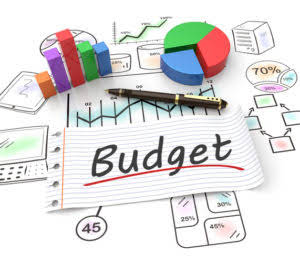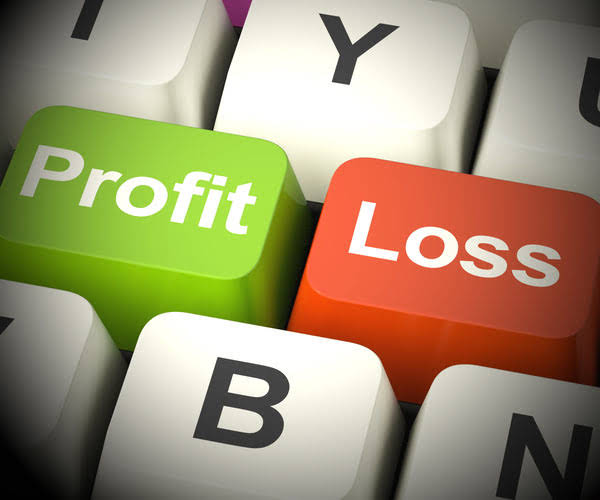
Fifty states plus the District of Columbia require accountants to earn 150 credit hours of college education before taking the national four-part CPA exam. It is not an unusual career move for a bookkeeper to gain experience at a job, study, get certified, and work as an accountant. There are various career paths for accountants (and some for bookkeepers), from working as a forensic accountant to bookkeeping services becoming a financial auditor or an enrolled agent.
Best Free Accounting Software
Most accounting software programs include features for invoicing, tracking payments and managing inventory. Bookkeepers track financial transactions, create balance sheets, and process payroll. Bookkeeping classes cover a wide range of topics, from understanding the different types of financial statements to knowing how to record financial transactions. This can range from Excel basics to more sophisticated accounting software programs that businesses use today, such as FreshBooks.

Why people choose Coursera for their career
- Bookkeeping software focuses on tracking and organizing financial transactions.
- NetSuite’s pricing is custom, so you’ll need to speak with a sales team member for a quote.
- Earning a bookkeeping certificate can prepare you for a certification exam.
- While there are a myriad of courses available for bookkeeper education and training, a good deal of bookkeepers are self-taught since there are no required certifications needed to work as one.
- Accountants take this data and perform more complex tasks, such as preparing and filing tax returns, analyzing financial records for accuracy, and maintaining compliance with tax laws.
Bookkeepers generally do not create financial analyses or offer strategic financial advice. Bookkeepers can earn optional certifications, such as the Certified Bookkeeper (CB) credential from the American Institute of Professional Bookkeepers (AIPB). These certifications show professional commitment and may improve job prospects.
What exactly does a bookkeeper do?

Small businesses may struggle with maintaining organized and comprehensive financial records. Without proper record-keeping, it becomes challenging to track income, expenses, and other financial transactions accurately. Investors and creditors rely on accurate financial records to evaluate a company’s financial health and viability when seeking funding or partnerships. Reliable financial information enhances trust and credibility, increasing the likelihood of securing financing or attracting potential investors. Bookkeeping ensures compliance with financial regulations and facilitates smooth auditing processes.
- To qualify as a CMA, an individual must pass a two-part exam covering the relevant topics.
- Bookkeeping focuses on the day-to-day financial activities and transactions of a business.
- In addition, you must be a member of the Association of Certified Fraud Examiners.
- On the other hand, accountancy involves the analysis, interpretation, and reporting of financial information derived from bookkeeping records.
- He has served on various boards and in many volunteer positions including the Board of Directors of a $500 million credit union.
- Accountants usually need more education, such as a bachelor’s degree or higher.

The expected job decline is primarily due to cloud computing and other software innovations automating bookkeeping tasks that a person would normally do. Specializing in a career field can help to set you apart and lead to career stability and longevity. You can also expect to take on more advisory and analytical roles as bookkeeping becomes more automated.
- Learners are advised to conduct additional research to ensure that courses and other credentials pursued meet their personal, professional, and financial goals.
- Their jobs focus on tasks like entering invoices, posting payments, and keeping track of account balances.
- They keep track of purchases, sales, receipts, and payments in ledgers or computerized systems.
- Accounting is the next step, which includes organizing, analyzing, and translating the financial records into valuable insights.
- Bookkeeping software is designed to record daily transactions, while accounting software offers more analysis and management features.
- In return, accounts support bookkeepers maintain regulatory compliance and identifying discrepancies.
The main differences between a bookkeeper and an accountant

If you’re not tracking daily expenses, you’ll have very little information to give to your accountant and they won’t be able to make informed decisions. If you’re only focusing on expenses and not big-picture financial data, you’ll miss out on some strategic opportunities. Bookkeeping is the daily financial tracking of all of your daily financial transactions. The bookkeeper of a Record Keeping for Small Business business might choose to use online bookkeeping software to track everything.
Support & Tools
Accountants use bookkeeping records to assess big-picture finances and make smart business decisions. They also provide insights about the company’s overall financial health to business owners and other stakeholders. Regardless of the type of bookkeeping a company chooses, recording the day-to-day business financial transactions is an Certified Public Accountant integral part of accounting.